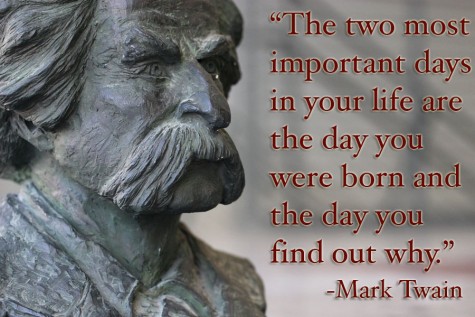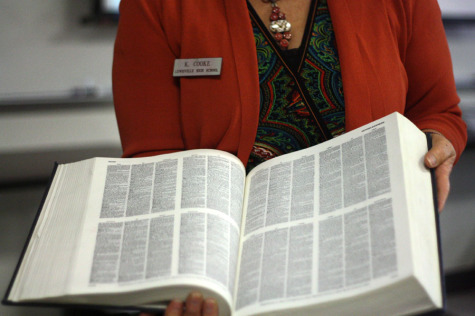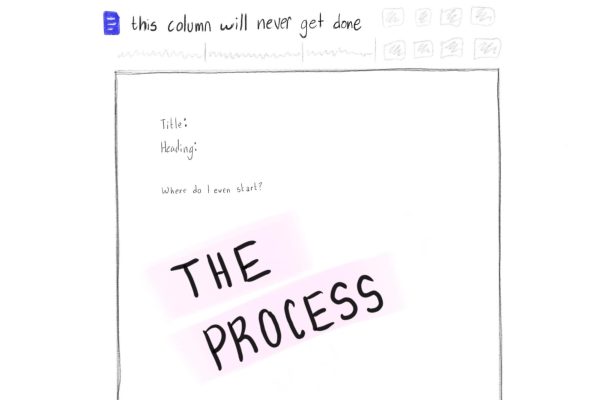Guest column: Nuclear energy option beneficial to battle global warming
“We have a shared responsibility when it comes to what happens in the world.”
Editor’s Note: Senior Fairooz Adams is the Student Body Parliamentarian and Chairman of the Energy & Environment Committee for Student Council. As parliamentarian, Fairooz keeps meetings together. As the Chairman, he is in charge of recycling, energy, and resource conversations posters, including various clean up and awareness projects like Adopt-a-Spot and Trinity Trash Bash.
Perhaps the greatest geostrategic challenge of this century for our country is combating global warming. While we are thankfully no longer the number one carbon dioxide emitter in the world, we still produce one-fifth of the world’s greenhouse gas emissions even though we only have about 4 percent of the world’s population.
As the world’s preeminent superpower, we have a shared responsibility when it comes to what happens in the world. It is time for our country to guide the rest of the world when it comes to drastically reducing greenhouse gas emissions by using more efficient energy resources that don’t harm the environment.
There are things that we can all do in order to reduce our own personal carbon footprint: start unplugging appliances that are off, insulate homes, buy hybrids, and be smarter about not leaving lights on when we’re not using them. What we can do as a nation is to install solar panels on our homes, drive cars that run on electricity, and ask Congress to invest in nuclear energy and wind power. Taking these measures is imperative if we want to halt global warming.
Nuclear power provides for 80 percent of France’s energy. Despite misconceptions, nuclear energy is extremely safe. In the half century we‘ve used nuclear energy, there have been only three big notable incidents: Three Mile Island, Chernobyl and Fukushima. Three Mile Island was only a partial meltdown. Chernobyl was worse but, according to the documentary “Pandora’s Promise,” the radiation in the area is already back to normal levels. Chernobyl was caused in part due to overworked Soviet engineers and technology that is outdated. The Fukushima incident happened because of a tsunami. In all of these cases, the fears regarding the possible consequences were wildly overblown. Even the radiation levels in Hiroshima are relatively normal.
One only has to look at the Exxon Valdez disaster, the Gulf Coast disaster and the projected climatological consequence of using fossil fuels to know that our current energy policies are of benefit to no one except for a handful of oil executives.
A cleaner, more sustainable energy future is attainable. The only things barring us from making that transition to those sources of energy are lobbyists and campaign contributions from petroleum companies. What you can do is make smart energy choices in your own personal life, use the power of your vote to elect officials that are conscientious about preventing the impending climatological crisis, and write to your congressmen.
This is an uphill challenge, but I am confident that this seemingly insurmountable challenge can be solved.


















